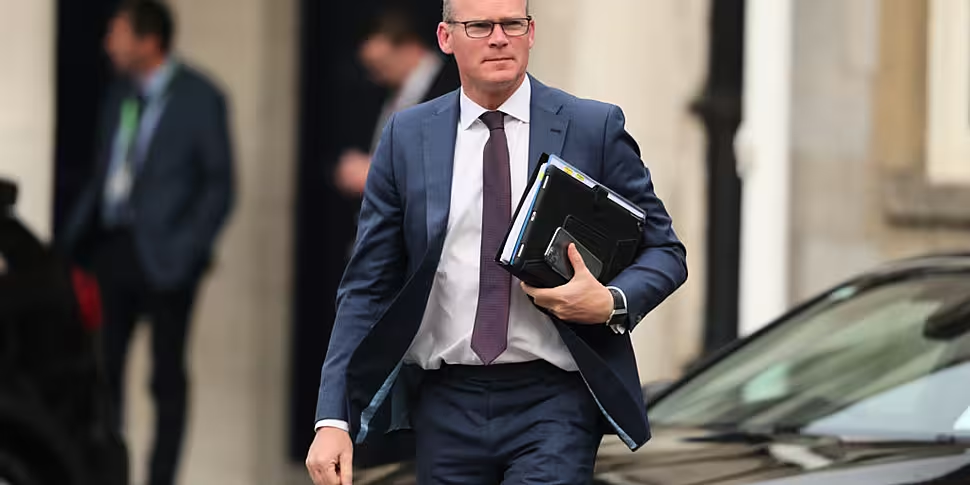People who travel to countries on the 'green list' are taking the risk that travel advice may change while they're away, according to the Foreign Affairs Minister.
Simon Coveney says the list has been published to reflect the real world and to treat people like adults, but the message remains to avoid all non-essential travel.
He said around 50,000 people are leaving the country every week - noting it's "less than 10%" of the numbers that would normally be travelling.
The green list agreed by Government last night names 15 countries and territories deemed safe to travel to: Malta, Finland, Norway, Italy, Hungary, Estonia, Latvia, Lithuania, Cyprus, Slovakia, Greece, Greenland, Gibraltar, Monaco, and San Marino.
People arriving in Ireland from the countries will not have to restrict their movements for 14 days.
While the list has been criticised by opposition parties as 'contradictory and confusion', Minister Coveney told The Pat Kenny Show that he believes the Government made the correct decision.
He said: “Because we know that many people are choosing to travel - and that is their choice - we have to give accurate information to them in terms of the countries that are less risky versus the countries that aren’t.
“The overall message from Government is the safest thing to do is stay at home, but if you are going to travel we’ve now made a distinction between countries that represent the same or less risk as Ireland.
“If the risk status of the country changes while you’re away, that’s a risk you’re taking when you travel.
"It’s one of the reasons why the overarching view of Government is that the safest thing to do is to stay at home. There are too many variables at the moment in relation to international travel.”
Ireland in a 'pretty good place'
Minister Coveney said the list was decided on the basis of European data indicating which countries have a lower or similar rate of COVID-19 cases per 100,000 people as Ireland.
However, he stressed that may not be the basis on which the list is reviewed and updated.
He said: “We’re not going to necessarily follow the number in Ireland, and then apply it internationally - then you’d have a perverse situation where if our numbers got significantly worse, we’d be opening Ireland up to more international travel. That wouldn’t make much sense.
"The Government decision takes where Ireland is today - which is a pretty good place in terms of COVID-19… and if we are to be in any way more flexible or less cautious in terms of facilitating international travel, that’s something the Government will have to assess as we move ahead."
Currently, the Department of Foreign lists almost every country in the world as representing a high risk level, and therefore are urging people to avoid non-essential travel.
Most travel insurance is not valid when people travel to countries listed under this category.
However, DFA is now advising 'normal precautions' when travelling to areas on the green list.
Minister Coveney acknowledged that the updated travel advice for those countries will impact people's travel insurance.
However, he said that insurance is not the basis on which they give travel advice - stressing it's instead decided "on the basis of risk".









